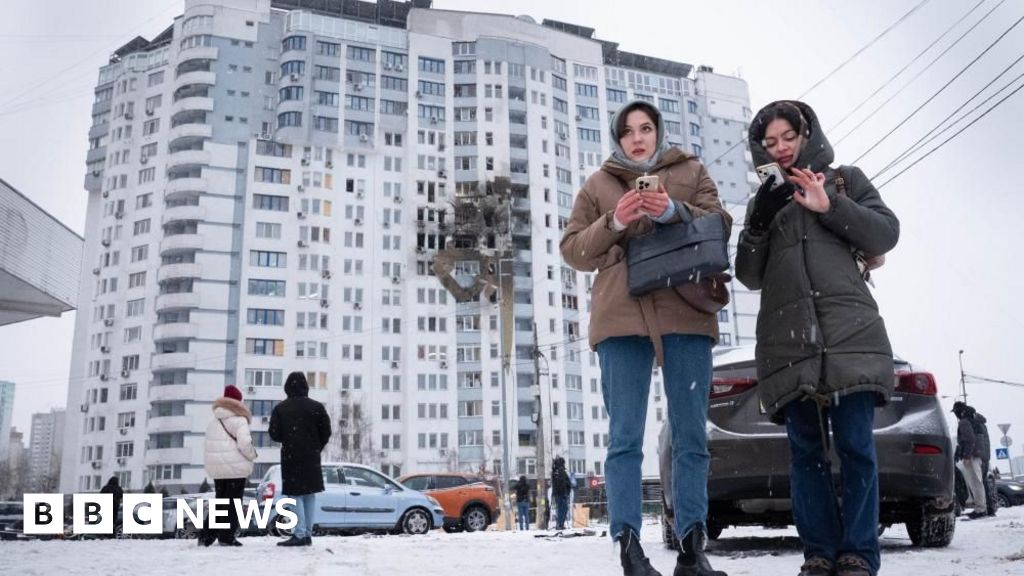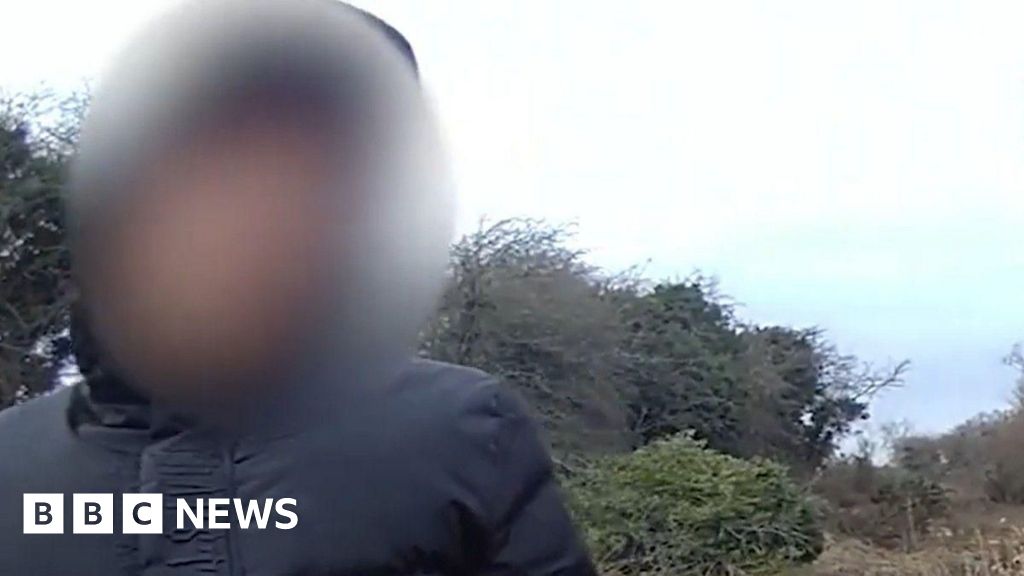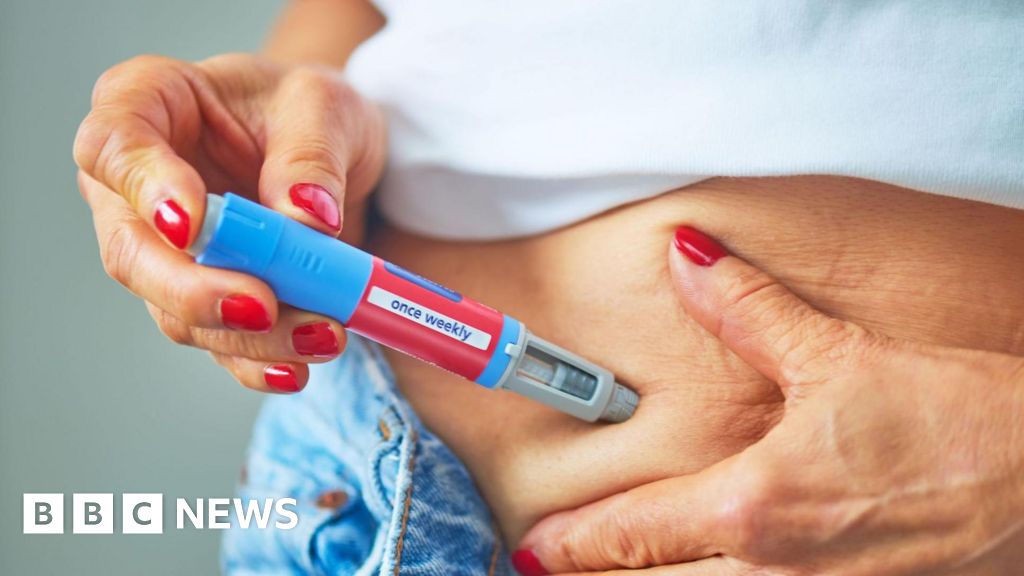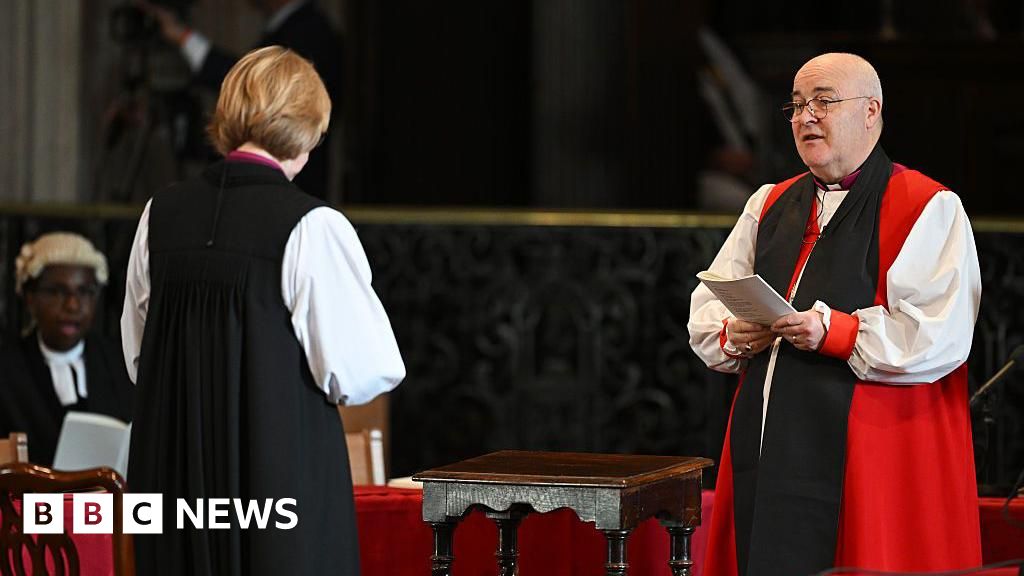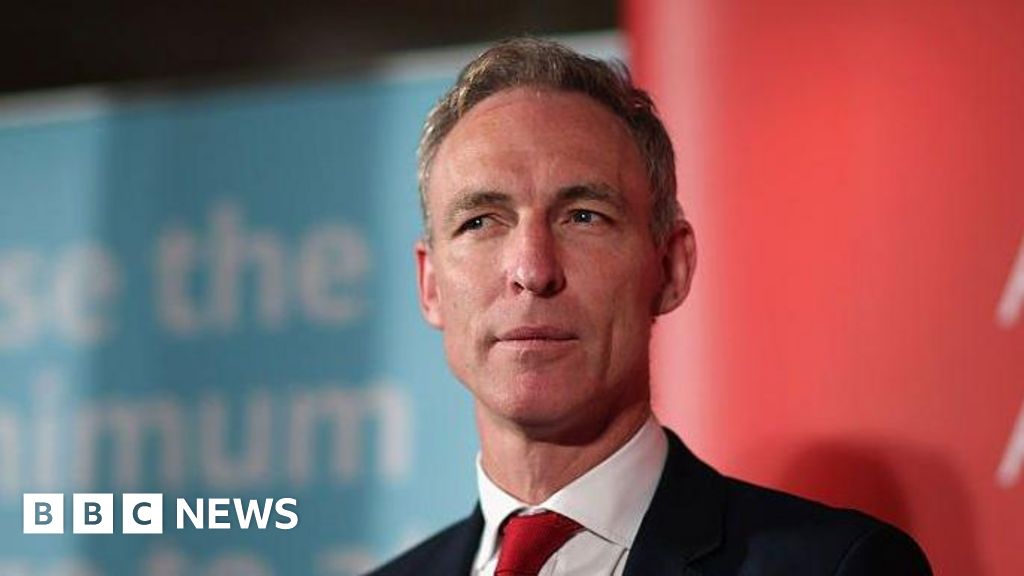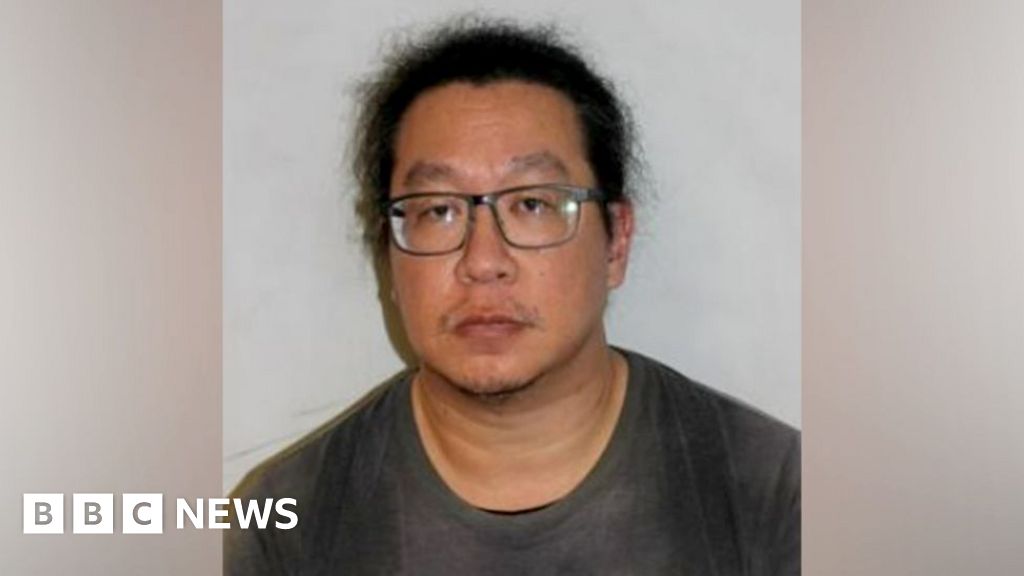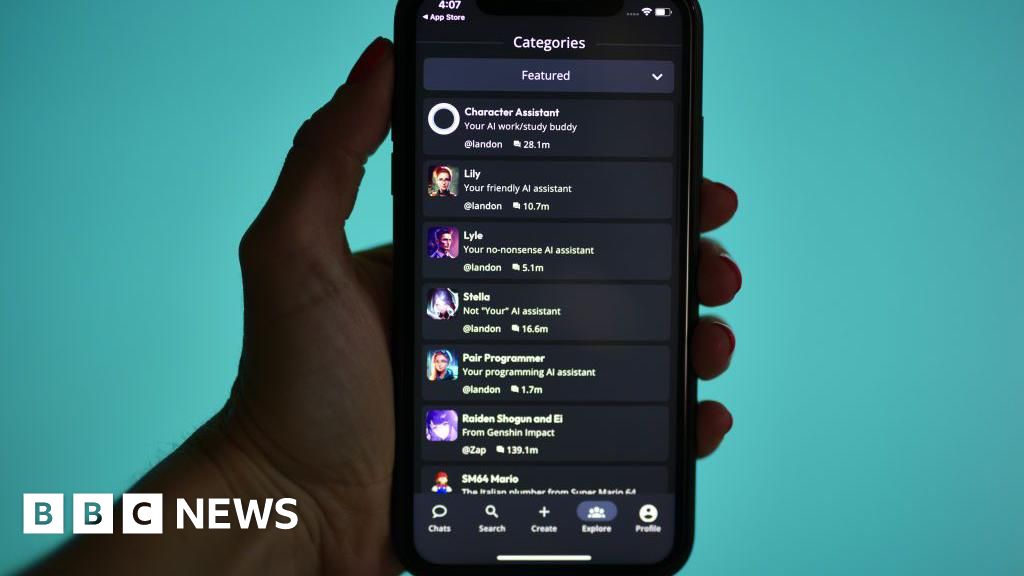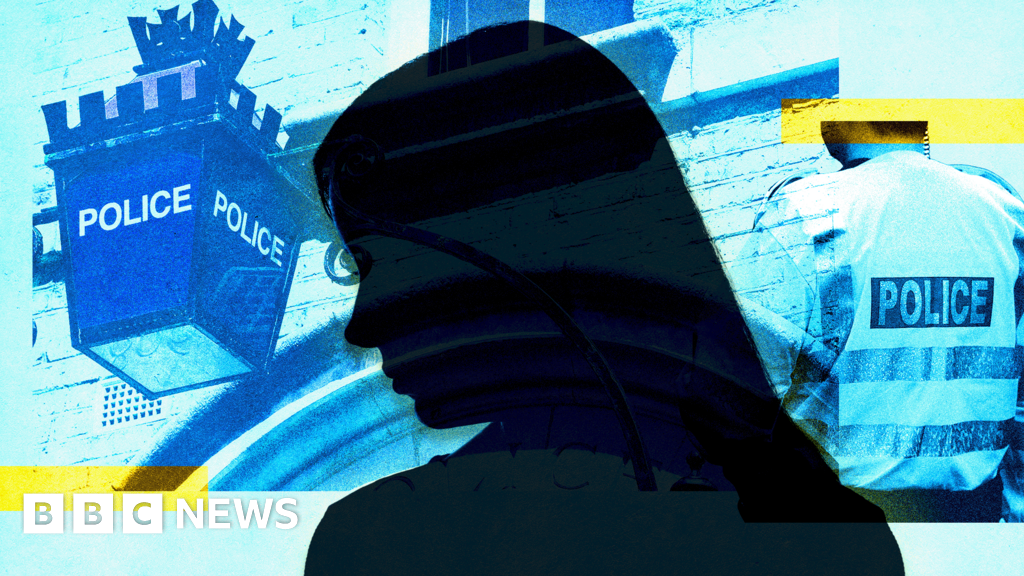
 Dan Kennedy
Dan Kennedy
Broadcaster Emma Barnett has said finding out she was going through perimenopause at the age of 38 felt like she had been "mugged, robbed".
Barnett, now 40, said it was the "first time in my life I haven't really wanted to be a woman - it's the first time I've thought, 'I'd really quite like to be a bloke'".
She was speaking on her new BBC podcast, Ready to Talk with Emma Barnett, the first episode of which was released on Friday.
Perimenopause, which commonly occurs around the age of 46, is when you have symptoms of menopause but your periods haven't yet stopped. These symptoms can include anxiety, mood swings, brain fog, hot flushes and irregular periods.


Barnett joined the presenting line-up of BBC Radio 4's Today programme in 2024
In the episode, Barnett says perimenopause made her feel as though she had lost her identity - and that she is still waiting to "come back" to who she was before.
Speaking to friend and guest Kate Thornton, she goes on: "I do feel there has been a theft. I do feel there's no emergency number to call.
"'I'd like to report a crime. Yeah, someone stole me.' There is no one to report this too."
Thornton, also a journalist and broadcaster, talks about her own experience of perimenopause, saying the "worst" thing she experienced was going from being somebody "who can multitask... being very capable" to somebody who felt "entirely incapable".
Barnett has previously spoken out about her health. In 2019, she wrote the book Period: It's About Bloody Time, chronicling her experience of endometriosis.
During the podcast episode, she says it is "pretty nerve-wracking" to share certain parts of her life - but that she "wanted to create this space for other people to be ready to talk about things".
Barnett, who hosted Radio 4's Woman's Hour until last year, says she ultimately wanted to make the podcast so she could not only tell the stories of others, but give listeners her perspective and experience.
"I'm usually the interviewer, I'm usually hosting," Barnett tells Thornton.
"It's not easy to share and I know that, and I think that's why it's important that somebody who interviews does, when appropriate - not all the time, because that's not my job and it's not about me - but where appropriate and especially when you're asking others to do the same, share themselves."
Rounding off the episode, Barnett can be heard saying she hopes that "the normalisation - which we both said needs to happen around perimenopause and this degradation of one's hormones that happens from... the age of 30s right through in women - can move into common parlance".
"And it doesn't mean what happens feels any less extraordinary or outrageous, but how we meet it could change," she adds.
How to treat menopause symptoms
A growing number of women take hormone replacement therapy (HRT) to alleviate menopause symptoms.
HRT tops up and stabilises oestrogen levels, sometimes in combination with a synthetic or bioidentical version of progesterone.
But it may not be suitable for people who have a history of some cancers, blood clots and high blood pressure.
Women may also be able to improve how they feel by:
- eating a balanced diet, low in fat and high in calcium to strengthen bones and protect the heart
- exercising regularly, to reduce anxiety, stress and guard against heart disease
- stopping smoking, to prevent heart disease and hot flushes
- avoiding alcohol, to reduce hot flushes
There is also research that suggests eating plant oestrogens - contained in soy and red clover - could help with symptoms.
Talking therapy known as CBT (cognitive behavioural therapy) may be offered to women over 40, alongside HRT - or, if the patient's individual circumstances call for it, in place of it.
Ready to Talk with Emma Barnett is on BBC Sounds on 7 November, and will be released in weekly episodes.

 2 months ago
60
2 months ago
60

